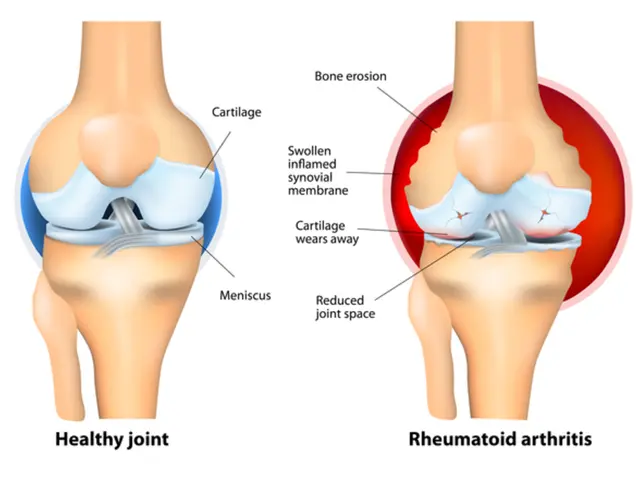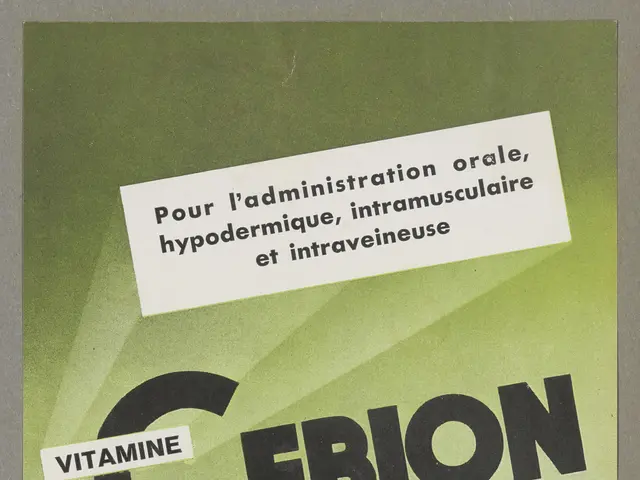Top Notch AI Resources for Enhancing Therapeutic Practice
In the ever-evolving world of mental health care, artificial intelligence (AI) is making a significant impact. AI tools are being increasingly used to streamline administrative tasks, improve communication with clients, and enhance the quality of care provided by therapists.
Among the best AI tools that maintain ethical and responsible practices with a strong focus on data privacy and HIPAA compliance are AutoNotes, Mentalyc, Hathr AI, and Twofold Health. These tools are specifically designed to handle sensitive patient information securely, with features such as encryption, access controls, Business Associate Agreements (BAAs), and compliance with HIPAA and other relevant privacy regulations.
AutoNotes, for instance, generates structured progress notes and treatment plans quickly while ensuring HIPAA compliance via data encryption, limited access, breach notification policies, and two-factor authentication. It supports templates like SOAP, DAP, and BIRP for clinical documentation.
Mentalyc, built specifically for mental health providers, offers strict confidentiality safeguards and compliance with HIPAA, PHIPA, PIPEDA, and more. It provides therapists with full control over session transcripts, including automated secure deletion options, supporting flexible and compliant note-taking practices.
Hathr AI offers a HIPAA-compliant AI chat tool powered by Claude AI for automating clinical document summarization and workflow tasks. With a government-grade security infrastructure, it is trusted by healthcare organizations and built by former national security experts.
Twofold Health provides HIPAA-compliant AI-powered documentation that integrates with EHR systems, includes BAAs at signup, patient consent templates, encryption, audit-friendly notes, and supports various clinical templates for streamlined, secure note-taking on desktop or mobile devices.
When it comes to ethical and responsible use of AI by therapists, choosing tools with strong encryption, restricted access to PHI, transparent data handling policies, and regular security updates is crucial. Ensuring the AI provider offers a Business Associate Agreement (BAA) to legally enforce data protection responsibilities is also essential. Maintaining therapist control over data, with options to review, download, or delete client information securely, is another important consideration. Transparently communicating with clients about AI use and data privacy practices is equally important.
AI should be used as a supplement to, not a replacement for, clinical expertise and judgment. While AI can help therapists manage larger caseloads, administrative work, and communication with clients outside of sessions, there are concerns about bias and inaccuracy in AI models, which can lead to misdiagnosis or misinterpretation of symptoms.
In addition to the mentioned tools, other AI-powered platforms like Carepatron, Therachat, Augnito, Lyssn, Talkcast, and Ensora Health are making significant strides in the mental health field, offering features such as cloud-based EHR and practice management, journaling and emotion tracking, auto reminders, AI-powered session analysis, personalized audio episodes, and on-demand training.
In summary, therapists should prioritize AI tools specifically built for healthcare privacy standards while ensuring secure infrastructures, BAAs, and ethical data practices to protect client confidentiality and uphold professional standards. By doing so, they can enhance their ability to deliver high-quality care without compromising on privacy and security.
- A licensed therapist might find the AI tool AutoNotes beneficial, as it generates secure progress notes and treatment plans, ensuring HIPAA compliance through data encryption and limited access.
- Mental health providers could utilize Mentalyc, an AI tool designed for mental health providers, offering strict confidentiality safeguards and compliance with multiple privacy regulations, such as HIPAA.
- Hathr AI, another AI tool, offers a HIPAA-compliant AI chat tool powered by Claude AI, which automates clinical document summarization and workflow tasks with a government-grade security infrastructure.
- Twofold Health provides HIPAA-compliant AI-powered documentation that is integrated with EHR systems, offering features like BAAs at signup, secure client information deletion, and adherence to HIPAA and other privacy regulations.
- To maintain ethical and responsible use of AI in mental health care, therapists should choose tools with strong encryption, restricted access to PHI, transparent data handling policies, and regular security updates, ensuring client confidentiality and upholding professional standards.





